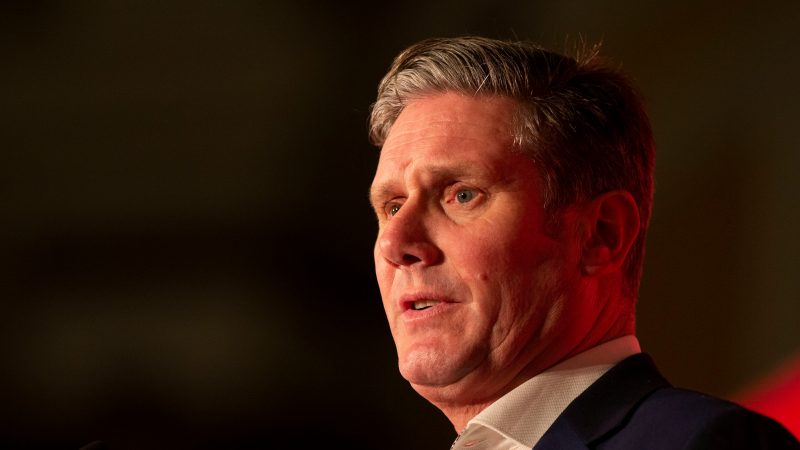
The civil service’s most senior lawyer resigned yesterday, just as a government minister confirmed at the despatch box that, yes, Boris Johnson’s administration does intend to break international law by overriding parts of the Brexit deal that the Prime Minister celebrated not long ago. It will only do so “in a very specific and limited way”, though, Brandon Lewis told the House of Commons. Theresa May warned that the move could damage “trust” in the UK, while Shadow Northern Ireland Secretary Louise Haigh said: “This seriously undermines our authority on the international stage.” And it actually managed to break Keir Starmer’s silence on Brexit.
Lord Falconer, our Shadow Attorney General, commented that the government purported to act legally throughout the Brexit process, adding: “This is new. And very bad.” But it is not really new for Johnson and his Vote Leave crew to smash convention, bend the rules, test the constitution and even break the law – just look at where we were one year ago, arguing about the prorogation of parliament, later ruled to be unlawful. Let’s be clear, this Conservative Party cares just as much about conserving the concentration of power with the few as any other iteration of the Tories, who have also been willing to threaten the rule of law, such as in the Windrush scandal. The difference is that this lot have adopted a ‘rebellious’ narrative to match their actions, and that makes some parts of the establishment nervous.
Starmer didn’t delve into all of that, of course. He is sticking to Labour’s line on Brexit, the same one that the party has had since he took over as leader: the government must keep their word and deliver the deal as promised. Compare Starmer’s interview last night with the piece by Rachel Reeves for LabourList in July to see that the stance has not changed one bit. “Let’s get the deal, let’s move on and focus on the job at hand, which is dealing with this pandemic,” the Labour leader said. He is learning from the big message politicians were sent last year and effectively copying the winning slogan: “get Brexit done”. And he batted away any suggestion that Labour might talk about rejoining the EU.
The Labour leader has a plan to further draw attention to the contrast between himself and Johnson: one a man of detail, a safe pair of hands during a crisis; the other capable of delivering a bold message but a bit of a mess and ill-suited to our current situation. Starmer is going to launch his own regular televised press conference, proving that he can handle tough questions. The Prime Minister, on the other hand, will have a new spokesperson to front White House-style daily press briefings. I’m told that Starmer’s conferences will be open to more than just broadcast journalists, but further details will come when we know more about how the government versions will work.
Setting up these rival briefings makes sense. As Francis Beckett advised the leadership via a LabourList piece back in April, Starmer must not try to cultivate an image that doesn’t suit him but instead capitalise on his qualities. Most Labour MPs reckon his key asset is coming across as a normal, decent, trustworthy person, and they’ll be hoping that this move will see his positive personal approval ratings rub off on the Labour Party. The strategy does carry risks, namely irritating party activists as the LBC phone-ins occasionally did. But the platform offers a fantastic opportunity for Labour.
Sign up to LabourList’s morning email for everything Labour, every weekday morning.



More from LabourList
‘If Labour is serious about upskilling Britain, it must mobilise local businesses’
Stella Tsantekidou column: ‘What are we to make of the Labour Together scandal?’
Unitarisation risks weakening local democracy unless communities are put in the driving seat’